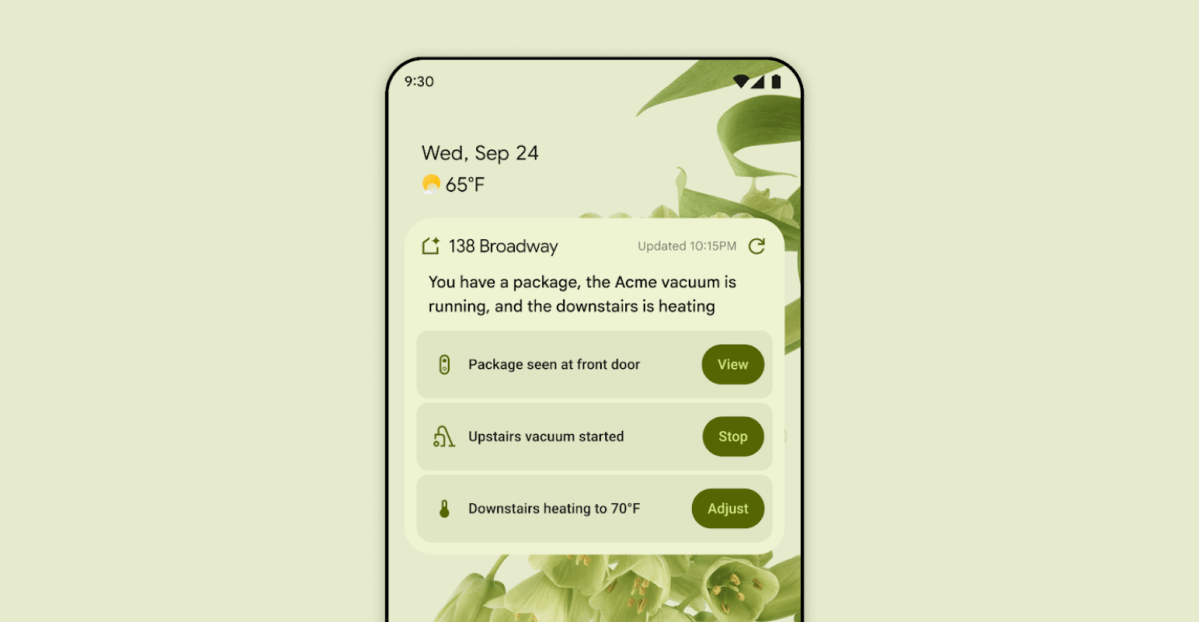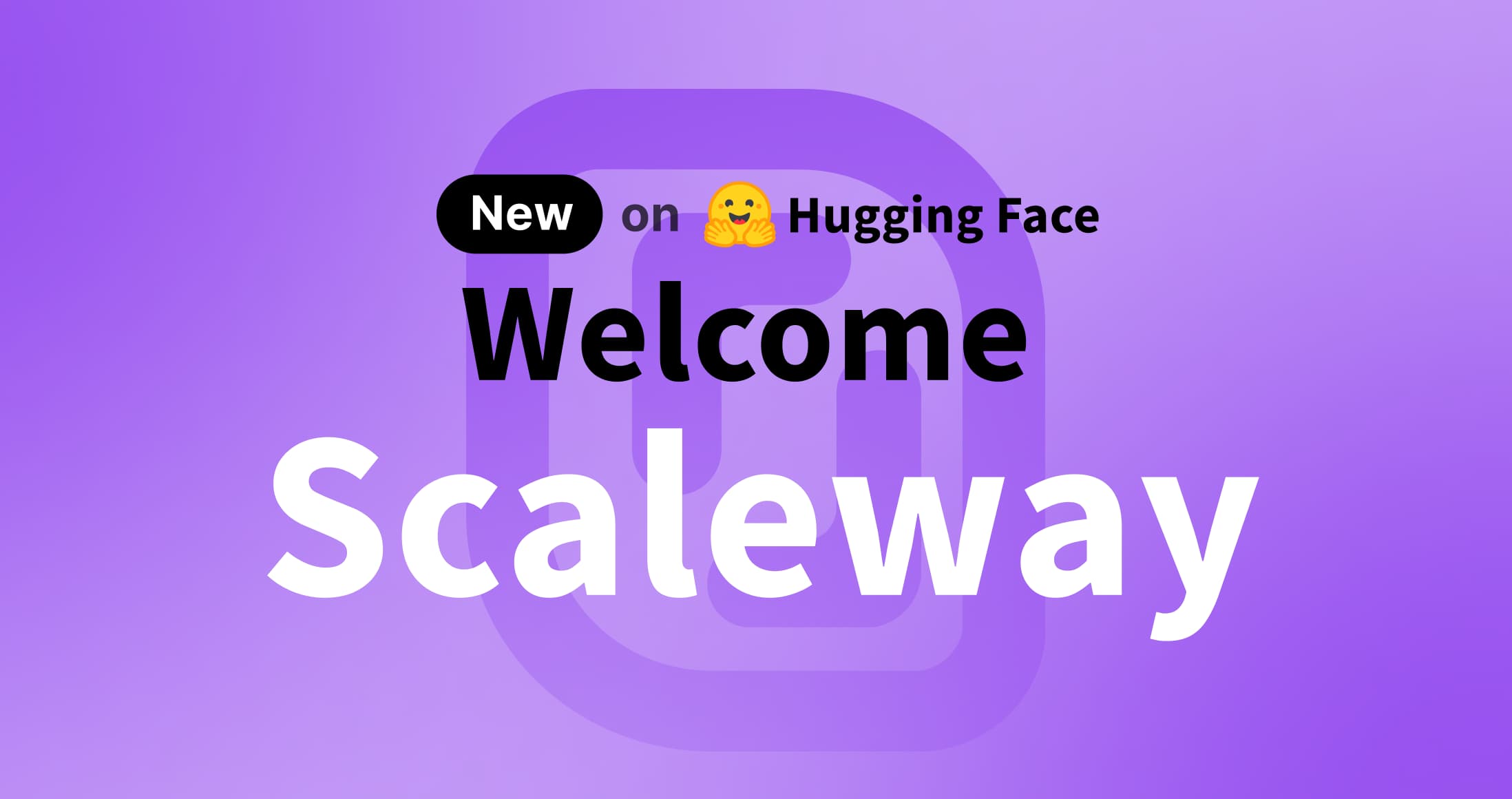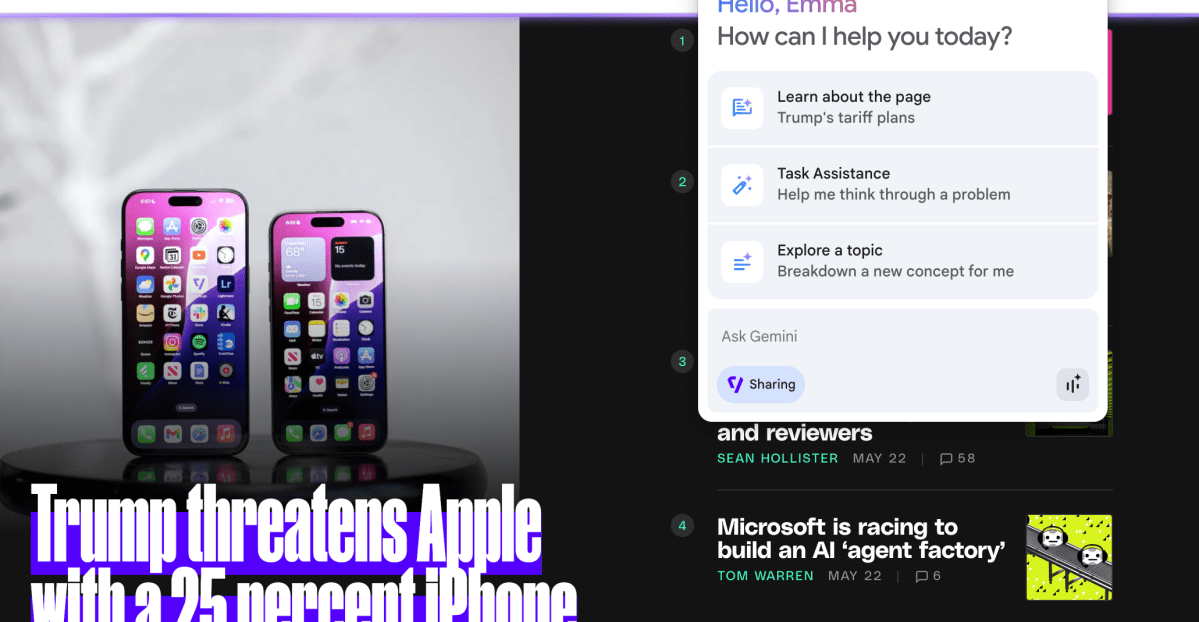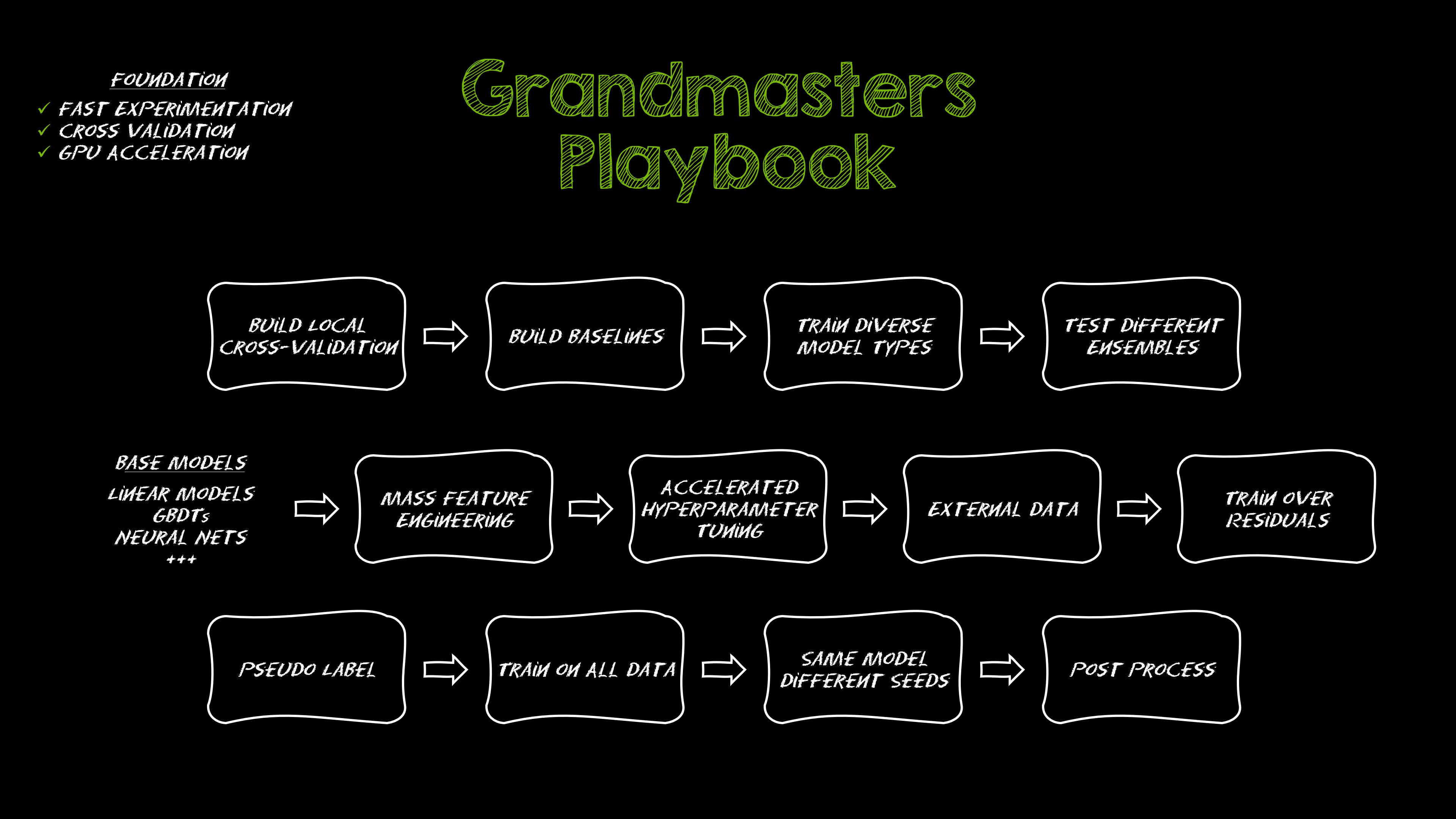OpenAI urges Governor Newsom to harmonize California AI regulation with national and global standards
Sources: https://openai.com/global-affairs/letter-to-governor-newsom-on-harmonized-regulation, openai.com
TL;DR
- OpenAI has sent a letter to California Governor Gavin Newsom.
- The letter calls for California to lead in harmonizing state AI regulation with national standards and emerging global standards.
- It frames the harmonization as aligning California’s regime with broader regulatory norms under US leadership.
- The development signals a push toward cross-jurisdictional alignment in AI governance.
Context and background
OpenAI’s letter presents harmonization as a central goal for California’s AI governance. The correspondence argues that California should take a leading role in bringing its state-based regulation into alignment with national standards, and, by virtue of the United States’ leadership, with emerging global standards. The framing ties California’s regulatory approach to a broader standards landscape shaped by national policy and international considerations. For readers seeking the primary source, OpenAI’s letter to Governor Newsom provides the explicit statement of intent OpenAI’s letter.
What’s new
This section highlights the latest development: OpenAI’s letter to Governor Newsom. In the letter, OpenAI calls for California to lead in harmonizing state-based AI regulation with national and emerging global standards, signaling a deliberate and strategic stance on regulatory alignment. The letter emphasizes that harmonizing with national standards and global standards—benefiting from the United States’ leadership—should be part of California’s regulatory framework OpenAI’s letter.
Why it matters (impact for developers/enterprises)
While the source excerpt does not provide a detailed impact assessment for developers or enterprises, the letter’s framing of harmonization with national and global standards suggests an emphasis on alignment across jurisdictions. The implication is that California’s approach to AI governance could be positioned within a broader normative framework driven by US leadership. This framing underscores the importance of cross-jurisdictional coordination in regulatory discussions around AI.
Technical details or Implementation
The source excerpt does not include technical details or an implementation plan. There is no disclosed methodology or concrete steps in the published content.
Key takeaways
- The core actors are OpenAI and California Governor Gavin Newsom.
- The core aim is harmonization of California’s state AI regulation with national standards and emerging global standards.
- The framing relies on the influence of US leadership to shape global norms.
- The development signals a push for cross-jurisdictional alignment in AI governance.
- The original source for the letter is OpenAI’s official communications page.
FAQ
-
Who did OpenAI send the letter to?
Governor Gavin Newsom of California.
-
What is the main request in the letter?
The letter asks California to lead in harmonizing state AI regulation with national standards and emerging global standards, highlighting US leadership.
-
Which standards are mentioned?
National standards and emerging global standards (as referenced by the letter's framing).
-
Where can the original letter be read?
On OpenAI’s official site at the link: https://openai.com/global-affairs/letter-to-governor-newsom-on-harmonized-regulation.
-
Is there a technical implementation plan provided in the excerpt?
No technical details are provided in the source excerpt.
References
More news
First look at the Google Home app powered by Gemini
The Verge reports Google is updating the Google Home app to bring Gemini features, including an Ask Home search bar, a redesigned UI, and Gemini-driven controls for the home.
Shadow Leak shows how ChatGPT agents can exfiltrate Gmail data via prompt injection
Security researchers demonstrated a prompt-injection attack called Shadow Leak that leveraged ChatGPT’s Deep Research to covertly extract data from a Gmail inbox. OpenAI patched the flaw; the case highlights risks of agentic AI.
Predict Extreme Weather in Minutes Without a Supercomputer: Huge Ensembles (HENS)
NVIDIA and Berkeley Lab unveil Huge Ensembles (HENS), an open-source AI tool that forecasts low-likelihood, high-impact weather events using 27,000 years of data, with ready-to-run options.
Scaleway Joins Hugging Face Inference Providers for Serverless, Low-Latency Inference
Scaleway is now a supported Inference Provider on the Hugging Face Hub, enabling serverless inference directly on model pages with JS and Python SDKs. Access popular open-weight models and enjoy scalable, low-latency AI workflows.
Google expands Gemini in Chrome with cross-platform rollout and no membership fee
Gemini AI in Chrome gains access to tabs, history, and Google properties, rolling out to Mac and Windows in the US without a fee, and enabling task automation and Workspace integrations.
Kaggle Grandmasters Playbook: 7 Battle-Tested Techniques for Tabular Data Modeling
A detailed look at seven battle-tested techniques used by Kaggle Grandmasters to solve large tabular datasets fast with GPU acceleration, from diversified baselines to advanced ensembling and pseudo-labeling.





